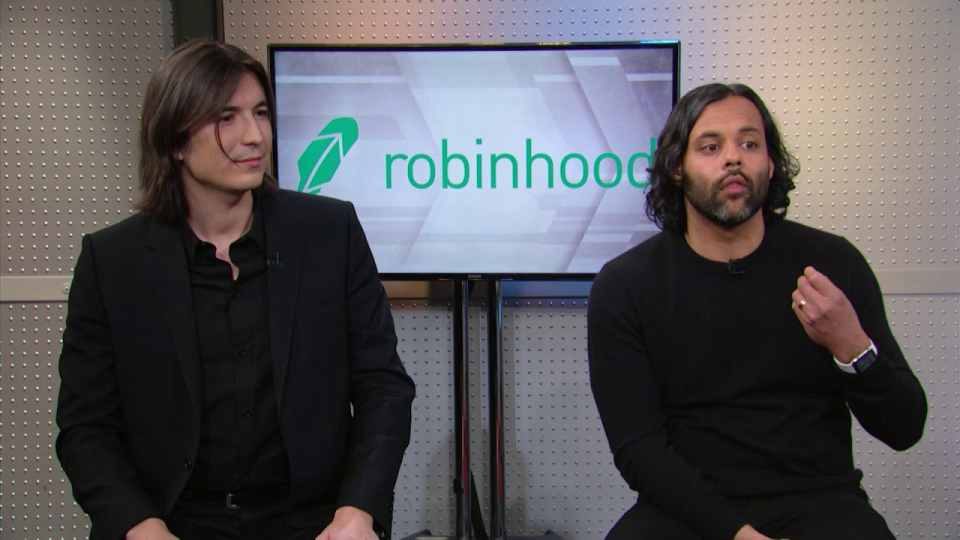Fintech startup and free-trading app Robinhood is going public at a nearly $35 billion valuation

Remember Robinhood, the commission-free stock trading app that blocked Reddit Army from trading blocked Gamestop and AMC stocks back in April? The notorious fintech startup also restricted thousands of retail investors from trading Dogecoin. Now, the startup is planning to go public in a mega U.S. IPO.
In a filing on Monday, Robinhood Markets Inc is seeking up to $35 billion in its initial public offering (IPO), setting the stage for one of the highly anticipated stock market listings of the year.
The announcement comes just months after FINRA ordered Robinhood to pay $70 million for ‘systemic supervisory failures’ and ‘false information and outages’ that harmed thousands of consumers. Reuters had previously reported that the online brokerage app was aiming for an IPO valuation of up to $40 billion. Robinhood shares are expected to be priced between $38 and $42, the company said.
Founded in 2015 by Stanford University roommates Vlad Tenev and Baiju Bhatt, Robinhood’s platform allows users to make unlimited commission-free trades in stocks, exchange-traded funds, options, and cryptocurrencies, including Bitcoin (BTC), Bitcoin Cash (BCH), Bitcoin SV (BSV), Dogecoin (DOGE), Ether (ETH), Litecoin (LTC), and Ethereum Classic (ETC).
The two co-founders will hold a majority of the voting power after the offering, the filing showed, with Bhatt having around 39% of the voting power of outstanding stock while Tenev will hold about 26.2%.
Robinhood also offers commission-free U.S. equity and options trading, as well as margin and extended hours trading through Robinhood Gold. The platform also offers real-time market data for nearly a dozen more digital assets. Robinhood currently has over three million users and billions of dollars in transaction volume.
Back in April, Dogecoin investors accused Robinhood app of blocking crypto trades after Elon Musk sparks Dogecoin frenzy. Over 75% of retail investors now said they plan to leave Robinhood blaming the company for manipulating the markets. Some Robinhood users also filed a class-action lawsuit against the company’s decision to restrict the transactions of individual investors, while allowing hedge funds to trade the stocks freely.

